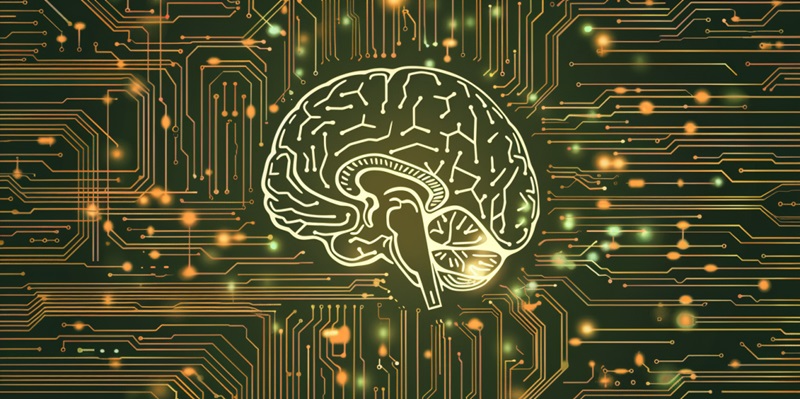StartupOS has launched Bolt AI, an AI assistant poised to revolutionize how new businesses strategize. This AI chatbot acts as a virtual mentor, offering personalized, data-driven counsel drawn from a database of thousands of startups’ experiences. Bolt AI equips entrepreneurs with insights into market trends, the elusive product-market fit, and techniques for securing investment.
Confronting a market can be daunting for startups, but Bolt AI seeks to smooth the road. It scrutinizes vast datasets to produce relevant, tailored advice, considering the unique position and objectives of each startup. This ensures entrepreneurs receive guidance befitting their specific situation and the broader market context. As a result, Bolt AI promises to be an invaluable tool for startups navigating the initial phases of business growth.
Paving the Way for Inclusive Innovation
StartupOS, helmed by Paul Pluschkell, is transforming startup acceleration through its platform and 7,000-member community. It’s an ‘always-on’ accelerator, offering affordable, accessible support, a boon for novice entrepreneurs. Its cornerstone, Bolt AI, demystifies strategic advice, democratizing what was once exclusive to an elite few.
The platform is not just about guidance; it also brings crucial connections. Bolt AI’s matchmaking portal connects startups with investors and mentors, fostering growth. This initiative democratizes access to knowledge and funding, promoting a vibrant, diverse innovation ecosystem.
Silicon Valley Bank Endorsement
Silicon Valley Bank’s support signals a significant endorsement for Bolt AI’s potential to reshape the startup landscape. This AI-driven platform levels the playing field for all startups, offering an economical option in a competitive environment. Ultimately, StartupOS with Bolt AI envisions a future where startup success is inclusive, within reach, and powered by advanced AI.

